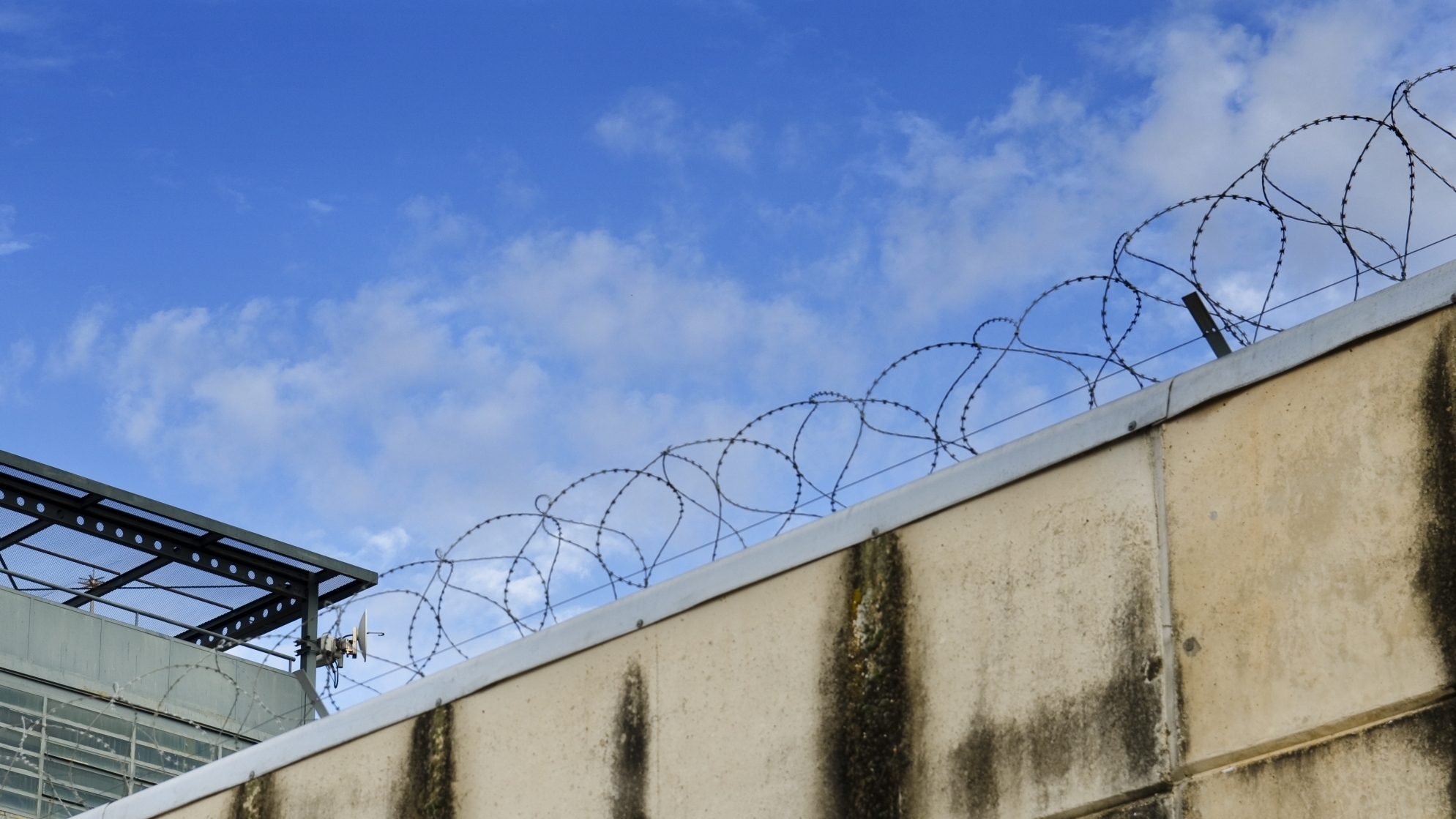Some incarcerated individuals near the end of their sentence left state custody this Tuesday, while others discovered the Alabama Department of Corrections had failed to notify victims impacted by crimes associated with their conviction and, in so doing, prevented many scheduled for early release from leaving state custody.
The Alabama Department of Corrections confirmed in a statement late Tuesday that by 3 p.m., “approximately 80 inmates” were fitted with ankle monitors and set for release — roughly 322 short of the total number scheduled for early release, according to court documents filed by the Alabama Attorney General’s office on Monday.
The beginning of the mandatory early release comes after Alabama Attorney General Steve Marshall attempted to halt the process on Monday by filing a lawsuit against the ADOC and the Alabama Bureau of Pardons and Paroles in a Montgomery circuit court. In a statement released on Monday, Marshall said he initiated the legal action after his office learned that victims “had not been properly notified about the early release” as required by law.
“Throughout his tenure, the Attorney General has been a vocal opponent of all efforts to release inmates early and expressed particular concern about Act 2021-549 passed in October of 2021,” Marshall said in a statement on Monday. “Tomorrow, we will start to see the impact of this new law.”
Montgomery Circuit Judge Jimmy Pool ultimately dismissed the case and allowed the mandatory early releases to move forward.
Marshall’s office estimates that 60 percent of the over 400 set to be released in the coming weeks were convicted of violent crimes, but this could not be independently verified.
Alabama Bureau of Pardons and Paroles Director Cam Ward said in an interview that he estimates by the end of business on Tuesday, between 90 and 100 incarcerated individuals were released. Ward said that his office prepared for the full enactment of the mandatory early release revisions for a year.
“For over a year, we’ve been planning to supervise these folks and we feel like we’re ready,” Ward said. “We’re going to do our best.”
While the ADOC has not formally addressed why its department failed to notify victims prior to Tuesday, Ward explained that the issue might lie within the notification system at the department.
“The problem is that they don’t have access to the same database that we have,” Ward said, adding that this separation was enforced by law. “We need a new notification system.”
In order for both ADOC and Pardons and Paroles to operate within the same database, profiles of incarcerated individuals held by the Bureau would have to be shared with the ADOC, Ward said, with those profiles including assessments conducted by bureau officials on the possibility of recidivism among those eligible for parole. Those assessments are considered confidential and included in a file shared with the parole board during an individual’s parole hearing.
Those still in state custody that are eligible for early release continue to grow frustrated with the delayed process.
An incarcerated individual at St. Clair Correctional Facility said in an interview with APR on Tuesday that out of the 17 individuals eligible for early release, none of them had left the prison, except for a single person who was released into federal custody.
The individual, who spoke on the condition of anonymity, said that correctional officers had informed them not to call their families for a ride the following day due to the attempted injunction by the Attorney General.
“I spoke a few of them and sent word to the rest of them, to everybody, the whole sprawl, to not let this discourage us because god’s still working,” the individual said, referring to other individuals eligible for early release. “A lieutenant here told us that within probably about ten days, we’d be gone.”
A second incarcerated individual at Easterling Correctional Facility in Barbour County said in an interview with APR that some of those eligible for the early release had begun giving away food and hygiene items, only to be told they would not be released on Tuesday.
“The officers brought a list around last night to notify all the ones that were supposed to be released today by mandatory release,” the individual said, also speaking anonymously, estimating that between 19 and 22 individuals were scheduled for early release.
“As of lunchtime, I was told that two had been released and that both were nonviolent,” the individual said.




















































